Keynote Speeches
New research shows women don’t want power – the cost of getting it is too high and power itself looks unappealing. But companies do better with more women in leadership. Countries do better with women in political office. Everyone does better with more women in power. So, what will it take for women to overcome their reluctance and take the reins? Rather than women changing themselves, Katty Kay suggests we need to change the meaning of power and the routes that lead to it. When we do that – when women can focus on using power to make positive changes, with a clear understanding of why power is important – power becomes more accessible, appealing and impactful for women. This new model, designed by and for women, empowers women to become their most powerful selves and lead fuller and more satisfying lives, and helps men do the same.
America has been rocked by COVID-19, the economic shock it created, and political polarization so deep it’s hard to imagine coming together on a way forward. The Biden administration will have a decidedly different approach to these challenges than Donald Trump. What are the odds President Biden will bridge the gap and make progress on the most important issues: jobs, the environment, trade, immigration, healthcare, and more? Will traditional allies consider America to be trustworthy after four years of foreign policy uncertainty? Can Congress and the new administration find a way to work together for the common good of America? As a British journalist living in Washington, DC since 1996, Katty Kay instinctively looks at these stories through a different lens than her American counterparts. The insights she provides audiences are fresh and impartial – in keeping with the standards of the BBC World News organization where she’s an anchor.
The pandemic arrived three years after America began pulling back its global influence. New alliances formed in the vacuum and then the virus further reset relations between nations and within nations. The shift in global power structure caused by COVID-19 cannot be overestimated. Nationalism, already a force before the pandemic, increased not just in America but in most developed nations. Leaders and political systems were under the spotlight and authoritarian politicians used the crisis to seize control. It also accelerated the tense trade stand-off between China and America. Meanwhile, Russia was Europe’s biggest concern. Katty Kay has covered the drivers of global political change for her BBC broadcast audience for over two decades. She regularly interviews policymakers, business leaders, and other experts from around the world. This talk unpacks insights that help audiences understand more clearly the forces at play around the world and how they will impact their future.
Confidence! With it, we can take on the world; without it, we don’t ask for raises, request that important meeting or take risks. In the success equation, research shows that confidence is even more critical than competence. But what is confidence? Where does it come from? Are we born with it or do we acquire it? And why do women have less of it than their talents deserve? In this speech Katty Kay inspires audiences with the latest scientific research and anecdotes from her own career and the many women she interviewed for the book. “Neurologists have isolated a ‘confidence gene,’” says Katty “and when I was tested, I learned I am not genetically predisposed to being confident.” Her experience is like that of so many women, even senior women, whose lack of confidence is what really holds them back. But confidence is also art – impacted by how we choose to live with our genes. The good news then is that being confident is a choice. Katty’s talk inspires audiences to take action — to go outside their comfort zones, to try new hard things, to take risks, to be prepared to fail and to discover the secret to success.

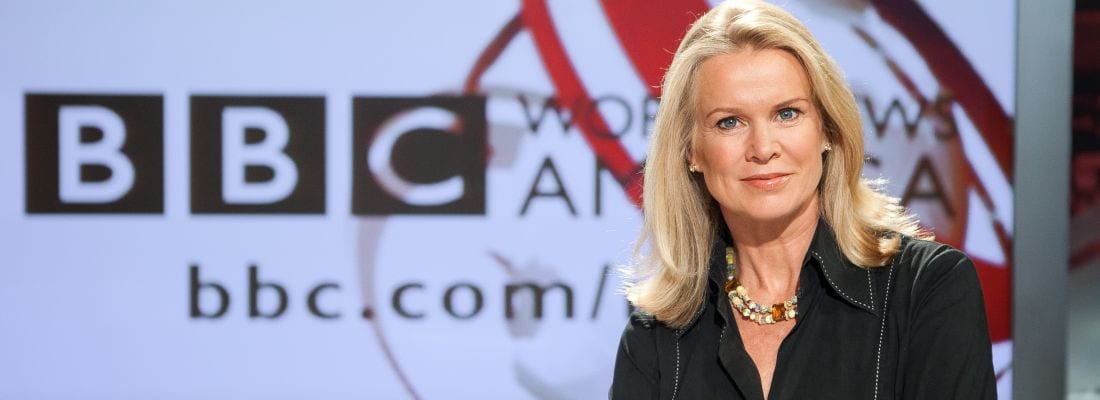
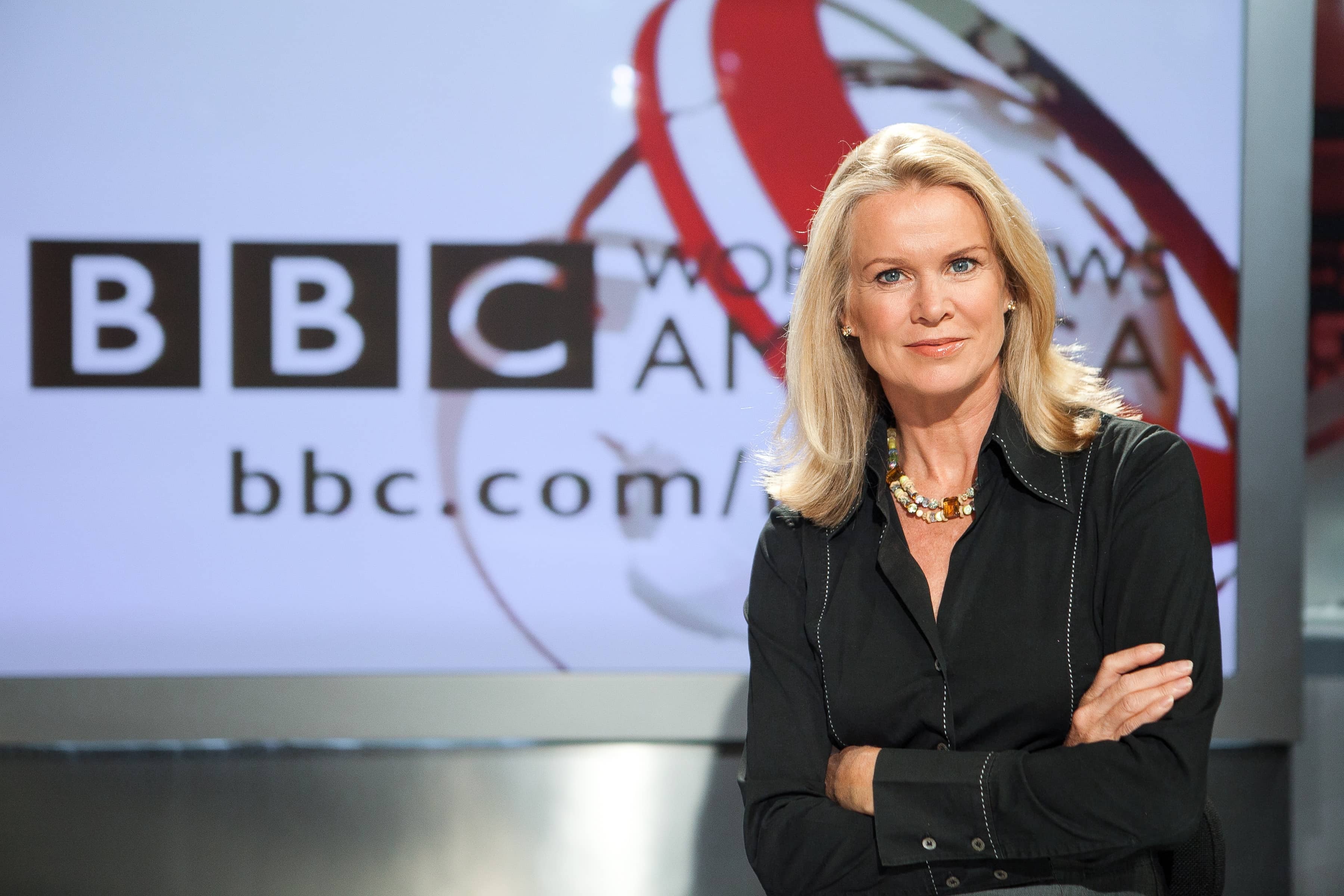
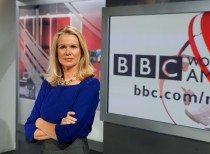
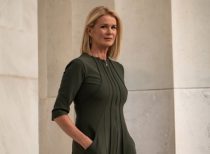
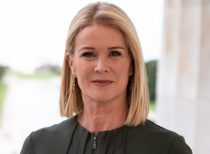
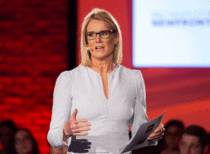
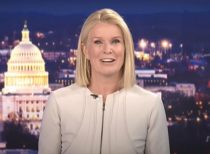







Similar Speakers 123